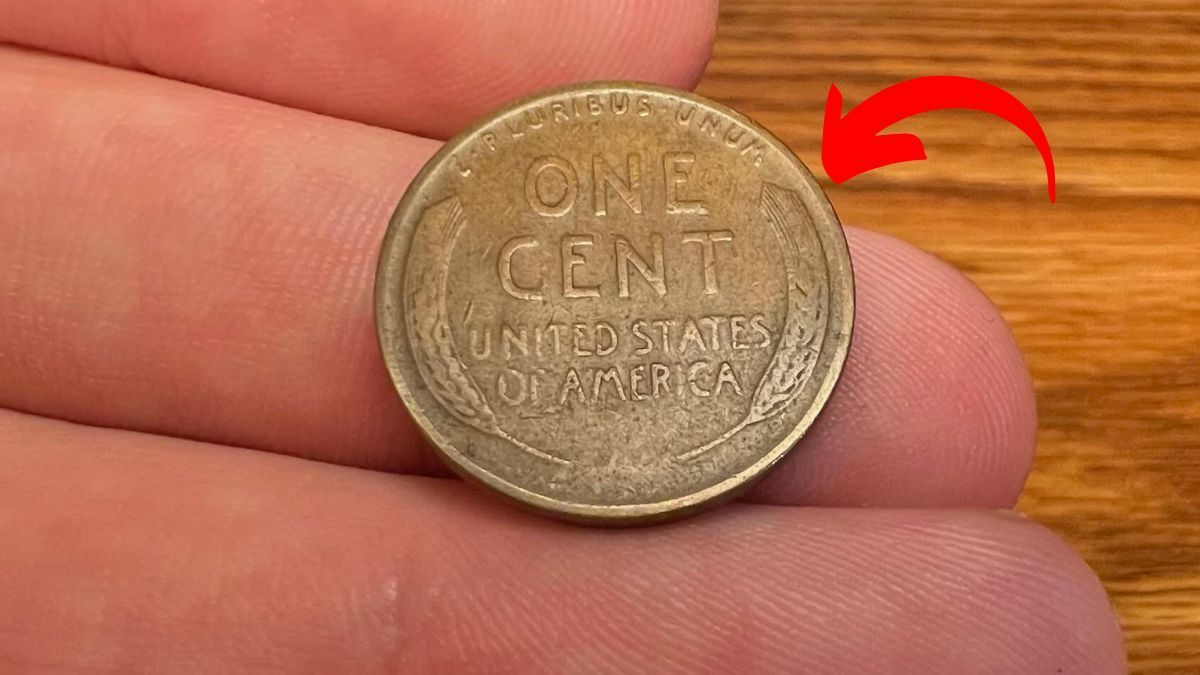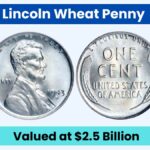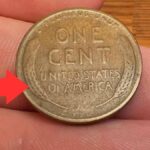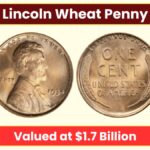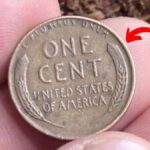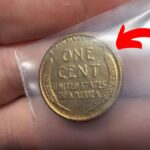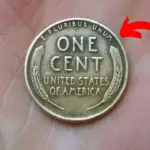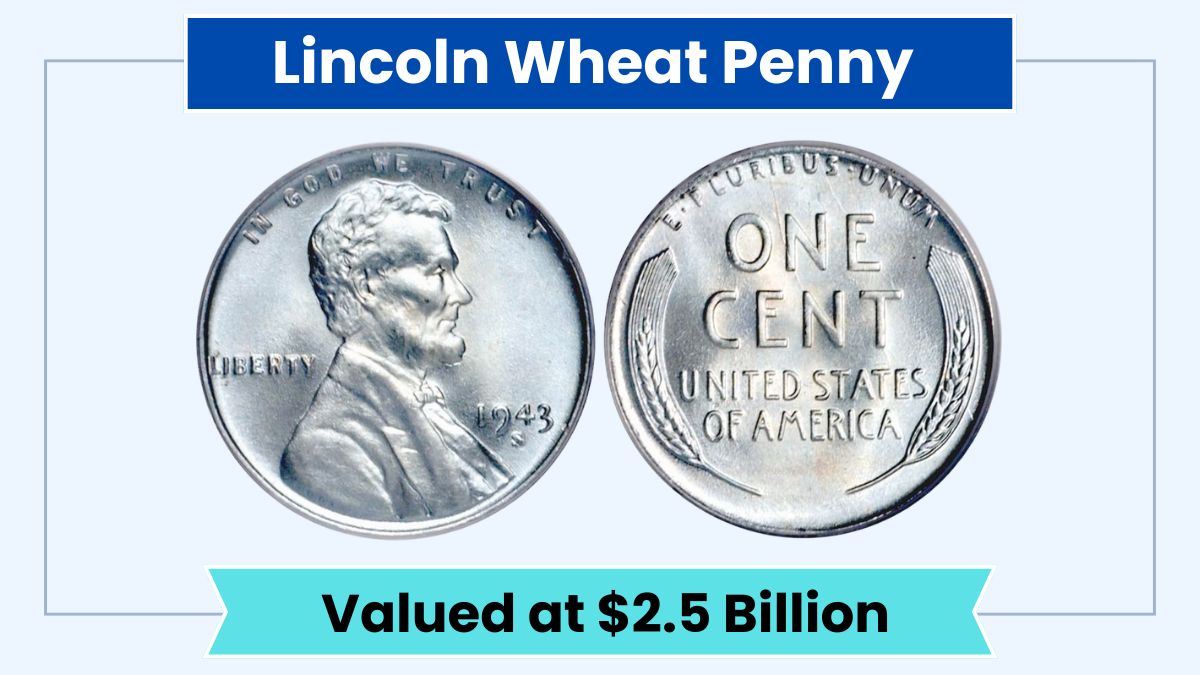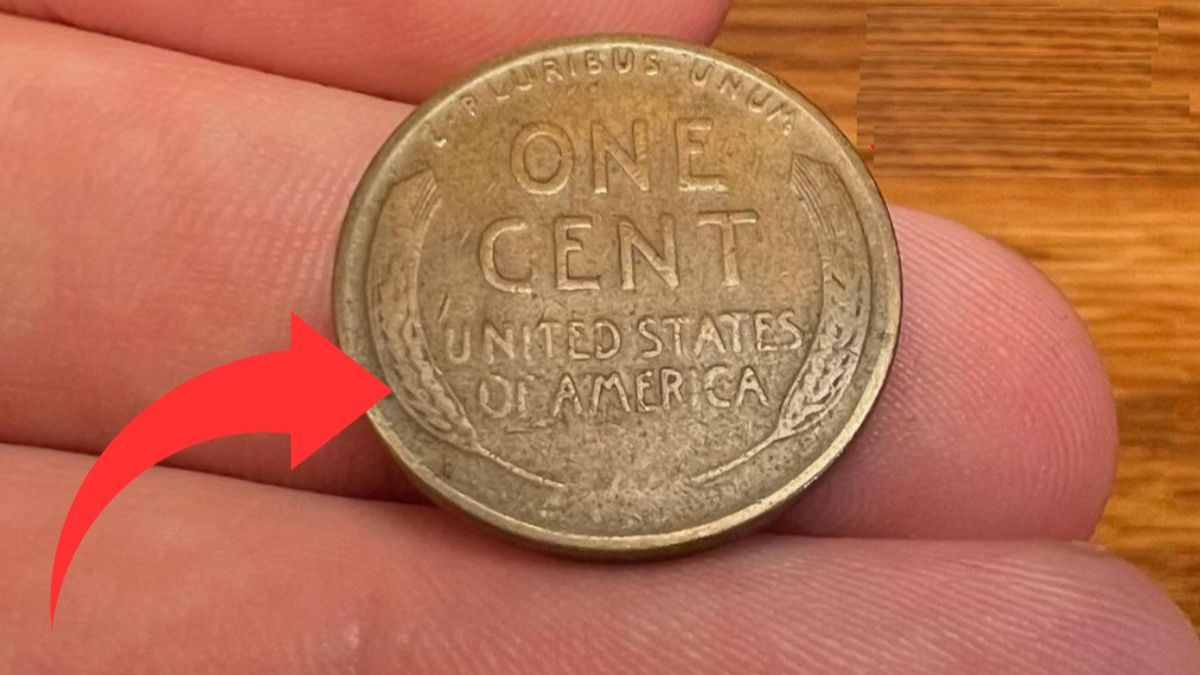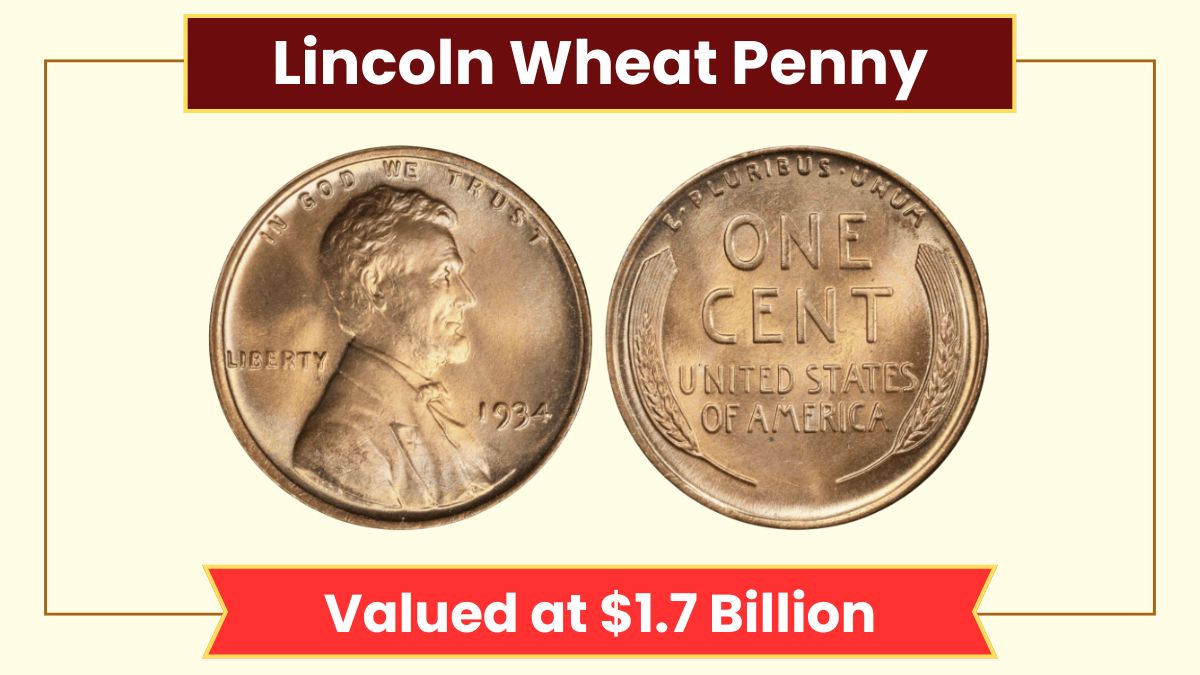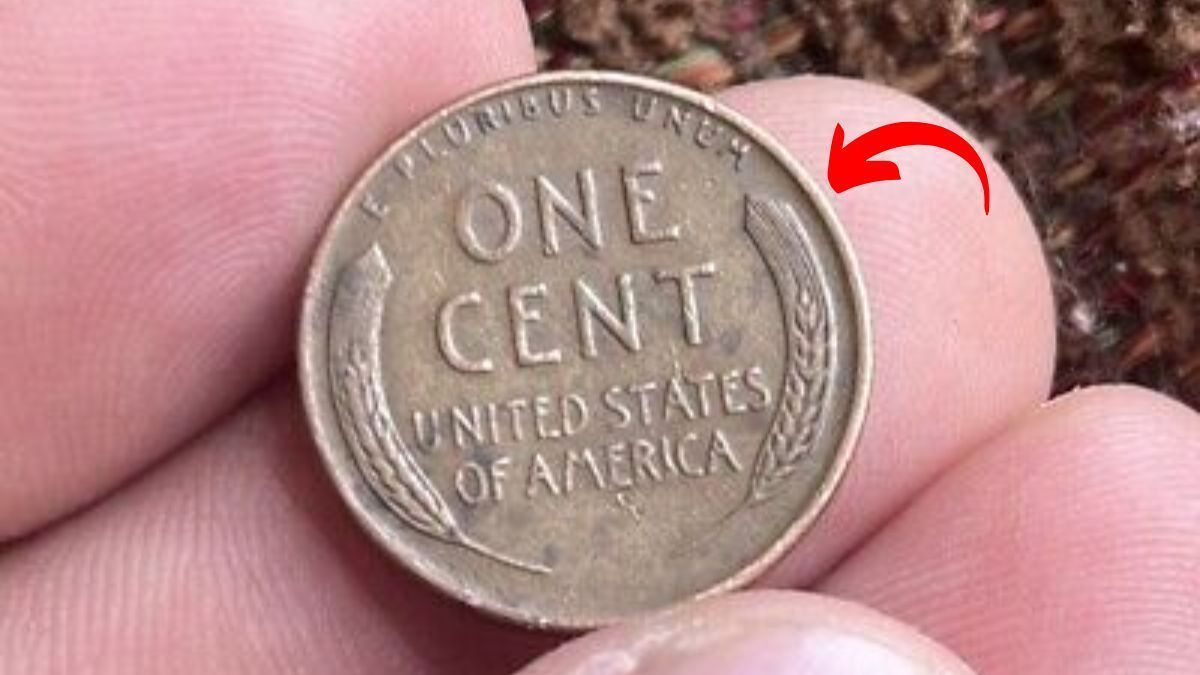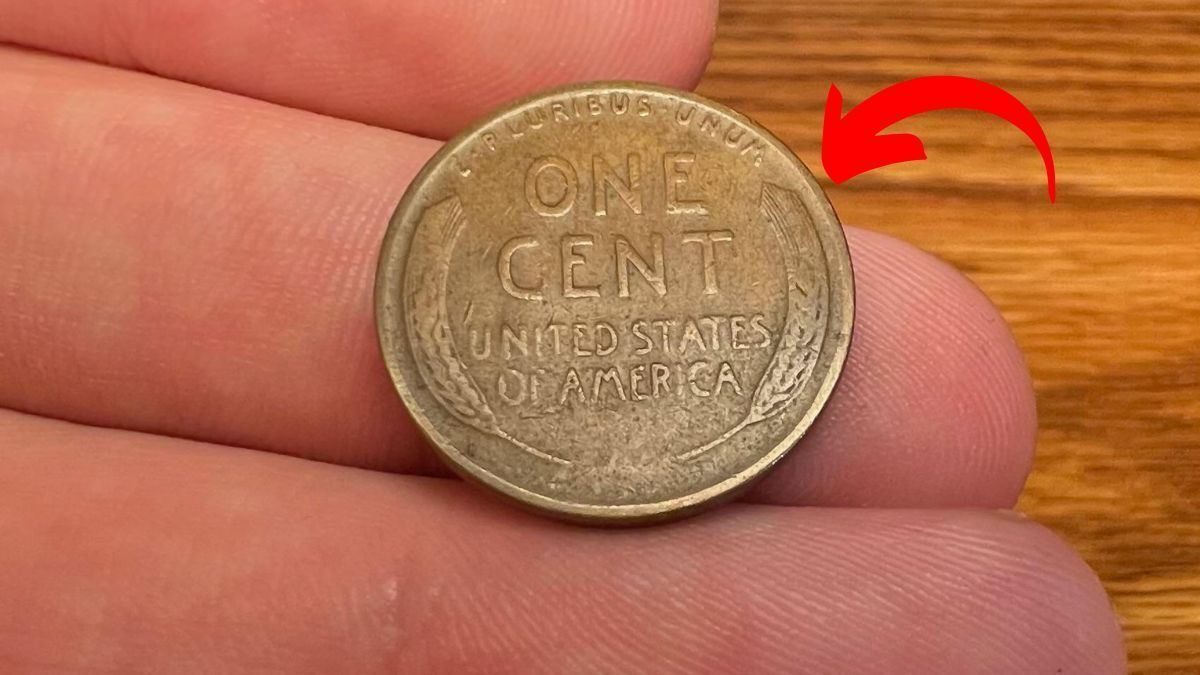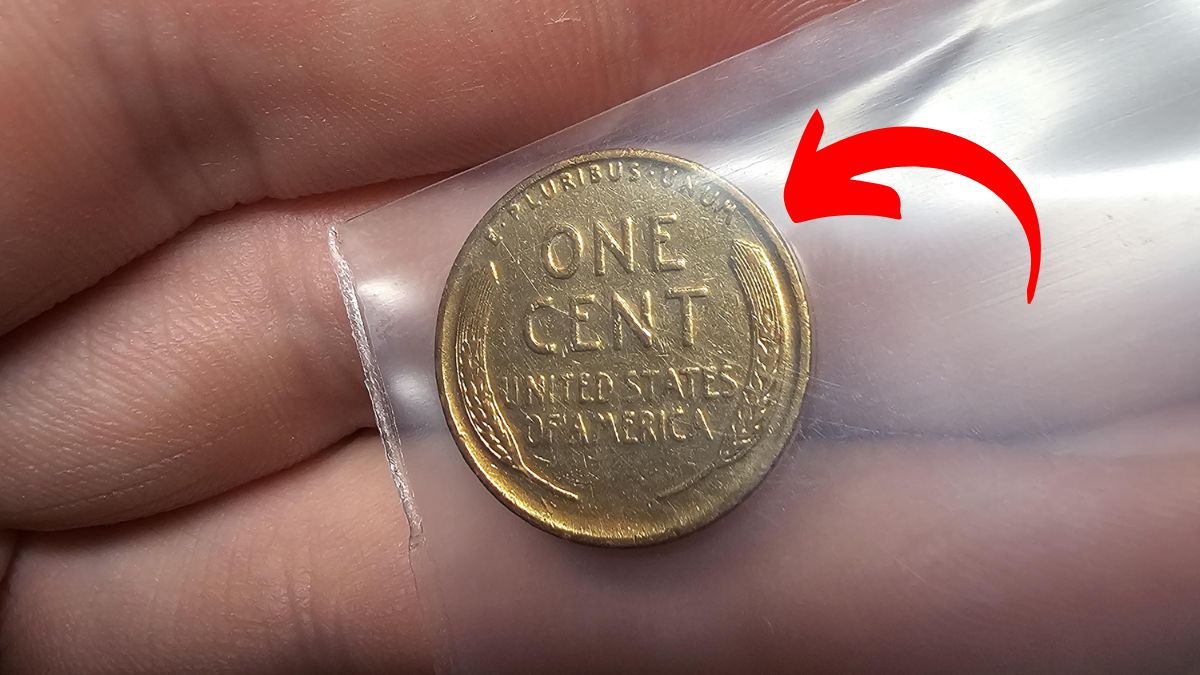A recent buzz on the internet has claimed that a Lincoln Wheat Penny worth $6 million is still in circulation. This shocking news has caught the attention of coin collectors and everyday people alike. The big question is: Is it true? Let’s explore the facts behind this claim and understand what makes some pennies so valuable.
What Is the Lincoln Wheat Penny?
The Lincoln Wheat Penny is a one-cent coin that was first introduced in 1909. It was the first U.S. coin to feature the image of a real person—President Abraham Lincoln—on its front side. The back side has two wheat stalks, which is why it’s called a “Wheat Penny.”
These coins were minted from 1909 to 1958, after which the design was changed to include the Lincoln Memorial on the back. Today, these older coins are popular among collectors because of their historical value and rarity.
Is There Really a $6 Million Wheat Penny?
The claim that a Wheat Penny is worth $6 million is not entirely false, but it’s also not something you’ll easily find in your pocket. There are extremely rare versions of the Lincoln Wheat Penny that have sold for millions of dollars at auctions, but they are not ordinary coins.
One example is a 1943 Wheat Penny made from bronze, which was an error coin. During World War II, the U.S. Mint used steel instead of copper to make pennies in 1943 to save copper for the war effort. However, a few bronze blanks (leftover from 1942) were accidentally used, creating rare coins.
In 2010, one such 1943 bronze penny was sold for $1.7 million, and another was reportedly offered for $2 million or more later. The $6 million figure may be an exaggerated or projected value depending on the coin’s condition, rarity, and buyer interest.
What Makes a Penny So Valuable?
Not all old pennies are valuable. A penny becomes rare and expensive only when:
-
It was made in very limited quantity
-
It has a minting error (like being made from the wrong metal)
-
It is in excellent condition (no scratches or wear)
-
It has historical importance
A combination of these factors can make a penny sell for thousands or even millions of dollars at auction.
How to Spot a Rare Lincoln Wheat Penny
If you want to check whether you have a rare Lincoln Wheat Penny, look for:
-
Date and Mint Mark: Check the year and the small letter under the date (like “D” for Denver, “S” for San Francisco).
-
1943 Bronze Penny: If you have a 1943 penny and it sticks to a magnet, it’s made of steel and common. If it doesn’t stick, it might be bronze and possibly rare.
-
1909-S VDB: This is one of the first and rarest pennies. The initials “VDB” stand for the designer, Victor D. Brenner.
-
Condition: Coins in mint or uncirculated condition are more valuable than worn-out ones.
What to Do If You Think You Have a Rare Penny
If you find an old Wheat Penny and suspect it may be valuable:
-
Do not clean it, as this can reduce its value.
-
Research online about that specific year and mint mark.
-
Visit a coin dealer or appraiser for a professional opinion.
-
You can also send it to a coin grading service like PCGS or NGC for official verification.
Conclusion
The story of a Lincoln Wheat Penny valued at $6 million is partly based on truth but mostly hyped. Yes, some very rare Wheat Pennies have sold for millions, but those coins are extremely hard to find. Still, it’s worth checking your old change and coin jars. Who knows—you might just have a small fortune sitting right under your nose!
Disclaimer: The prices mentioned for rare coins, including the Lincoln Wheat Penny, are not guaranteed and may not be entirely accurate due to market fluctuations and varying appraisals.
यह भी पढ़े:
 Top 5 Luckiest Zodiac Signs in 2025
Top 5 Luckiest Zodiac Signs in 2025
